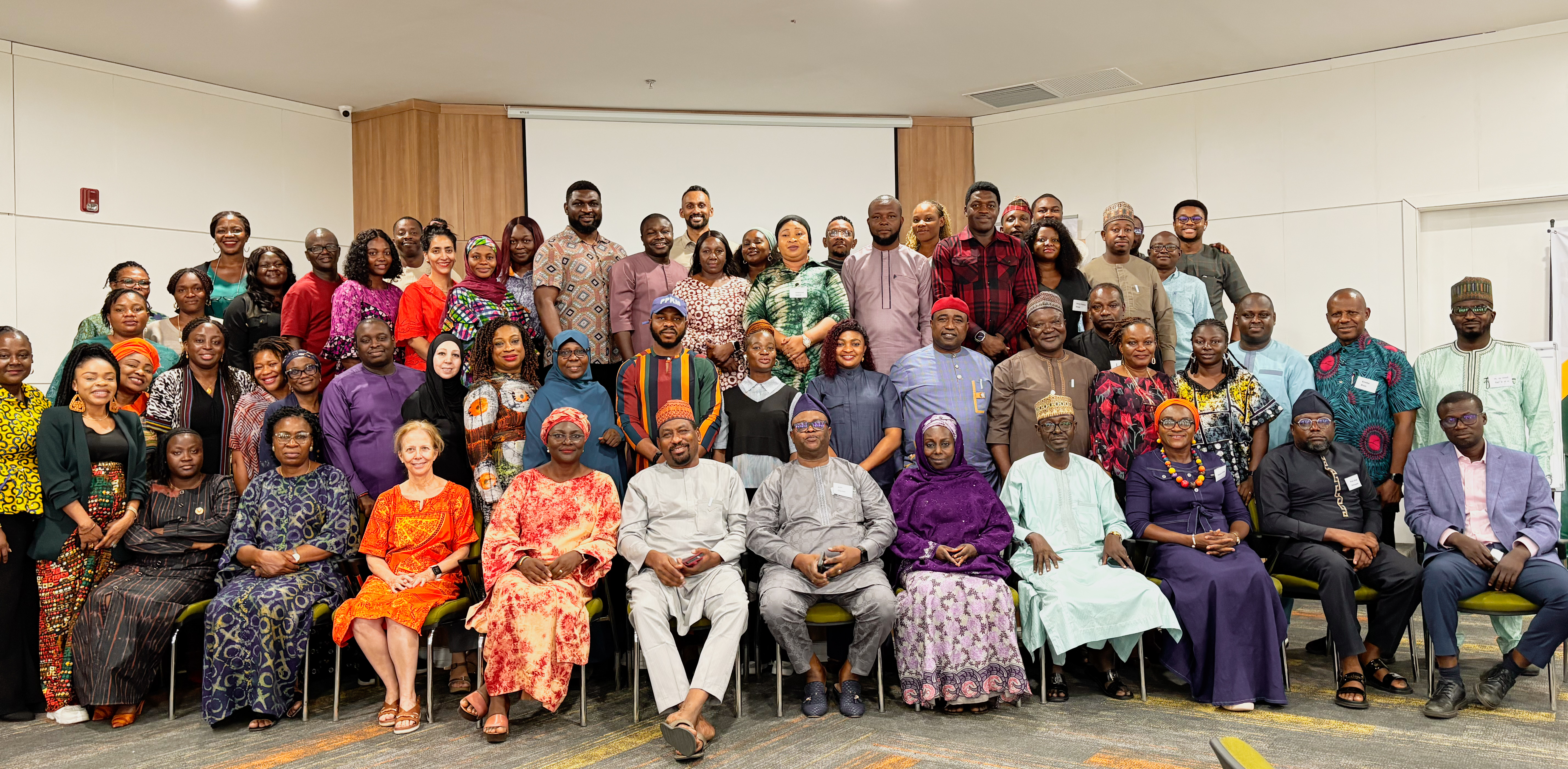Robust epidemic-preparedness plans mean little without effective leadership that can turn them into action. Drawing on lessons from the implementation of the first National Action Plan for Health Security (NAPHS 2018–2022), the Government of Nigeria identified a critical gap: mid- to senior-level officials needed stronger capabilities to align, prioritize, and coordinate Ministries, Departments and Agencies (MDAs) and mobilize resources for sustained impact.
To close that gap, Resolve to Save Lives and the Nigeria Centre for Disease Control and Prevention convened over 60 senior level officials from the core International Health Regulation (2005) related MDAs, including Health, Livestock, Environment, and Finance, through the Program Management for Epidemic Preparedness (PMEP) initiative.
A recurring theme was that “Leadership is an act, not just a position.” Through simulations, and scenarios and case-based exercises, participants explored how they can better access their own power to steer NAPHS implementation, navigate real-world challenges around change management, resource mobilization, and stakeholder engagement, and aligning the NAPHS 2.0 with the World Bank projects and domestic budgets with high-impact NAPHS activities.
Facilitated sessions targeted specific challenges faced by IHR-relevant stakeholders. Participants engaged in discussions and used the Country Health Architecture Framework to identify priority next steps. They also pushed each other to define concrete ways to collaborate, build accountability, and trust—using tools like the NAPHS tracker to distinguish between what they can control and what they can influence in a complex and evolving landscape.
By the end of the workshop, these health security leaders had built a shared operating picture and drafted a 90-day “commitment to action” plan toward a more agile, well-financed, and accountable health security system. As some participants noted, “we will face some resistance as we try new approaches, but I will be compassionate and persistent, and it will pay off.” This shift in courage is a meaningful step forward in Nigeria’s journey to prevent, detect, and respond to future public health threats with speed, coordination, and confidence.
